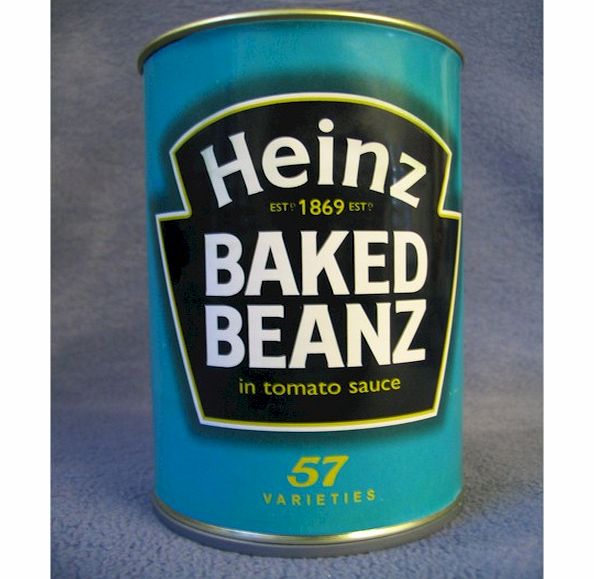What interested me most were the questions of how we organize what we know and then
 how we find it again. Shirky examined the flaws of classic library classification schemes like Dewey Decimal and Library of Congress. They have always been necessary, he says, because a book is like a can of beans – without the label, how can you tell a can of chick peas from a can of tomatoes? You have to find some way to organize them, and a flawed system – even one that has nine categories for Christian religion and only one for all the others – is better than none at all. But information on the internet is fluid, no longer encased in tin cans, and isn’t classified by one people or by a hundred but by millions. The problem with rigid classification schemes found in traditional libraries is that they are necessarily hierarchical and cannot overlap. The beauty of folksonomy – the process of collaboratively creating tags to manage and classify content on the internet – is that this rigidity no longer exists.
how we find it again. Shirky examined the flaws of classic library classification schemes like Dewey Decimal and Library of Congress. They have always been necessary, he says, because a book is like a can of beans – without the label, how can you tell a can of chick peas from a can of tomatoes? You have to find some way to organize them, and a flawed system – even one that has nine categories for Christian religion and only one for all the others – is better than none at all. But information on the internet is fluid, no longer encased in tin cans, and isn’t classified by one people or by a hundred but by millions. The problem with rigid classification schemes found in traditional libraries is that they are necessarily hierarchical and cannot overlap. The beauty of folksonomy – the process of collaboratively creating tags to manage and classify content on the internet – is that this rigidity no longer exists.There are of course many potential problems when using this kind of system to classify information. Without terminological control, multiple words can be used to tag the same concept, and the same word can be used to tag many different concepts. We have to ask ourselves which we would prefer: a flawed, but predictable, system designed by professionals, or a spontaneous and ever-changing collection of tags created by the anonymous crowd? Shirky suggests identifying communities of practise, which means you can look at the tags just from the people that you care about – those with the same interests or expertise as you. A controlled vocabulary could be created, but it would need to evolve gradually, or the whole thing will simply return to the kind of hierarchical system we already have. In the end, this sort of collaborative classification is generally quite useful – and can be used to tell us about the way people think about information.
But would this kind of thing work on the scale of an academic library? Even though our current classification schemes are flawed, we all know how to work within them. But what would it be like if we could tag the books we take out of the library? We wouldn’t have to get rid of the Library of Congress, but imagine the links and connections we could find, and what we could learn about the users of these books. Maybe books don’t have to stay like cans of beans forever.

No comments:
Post a Comment